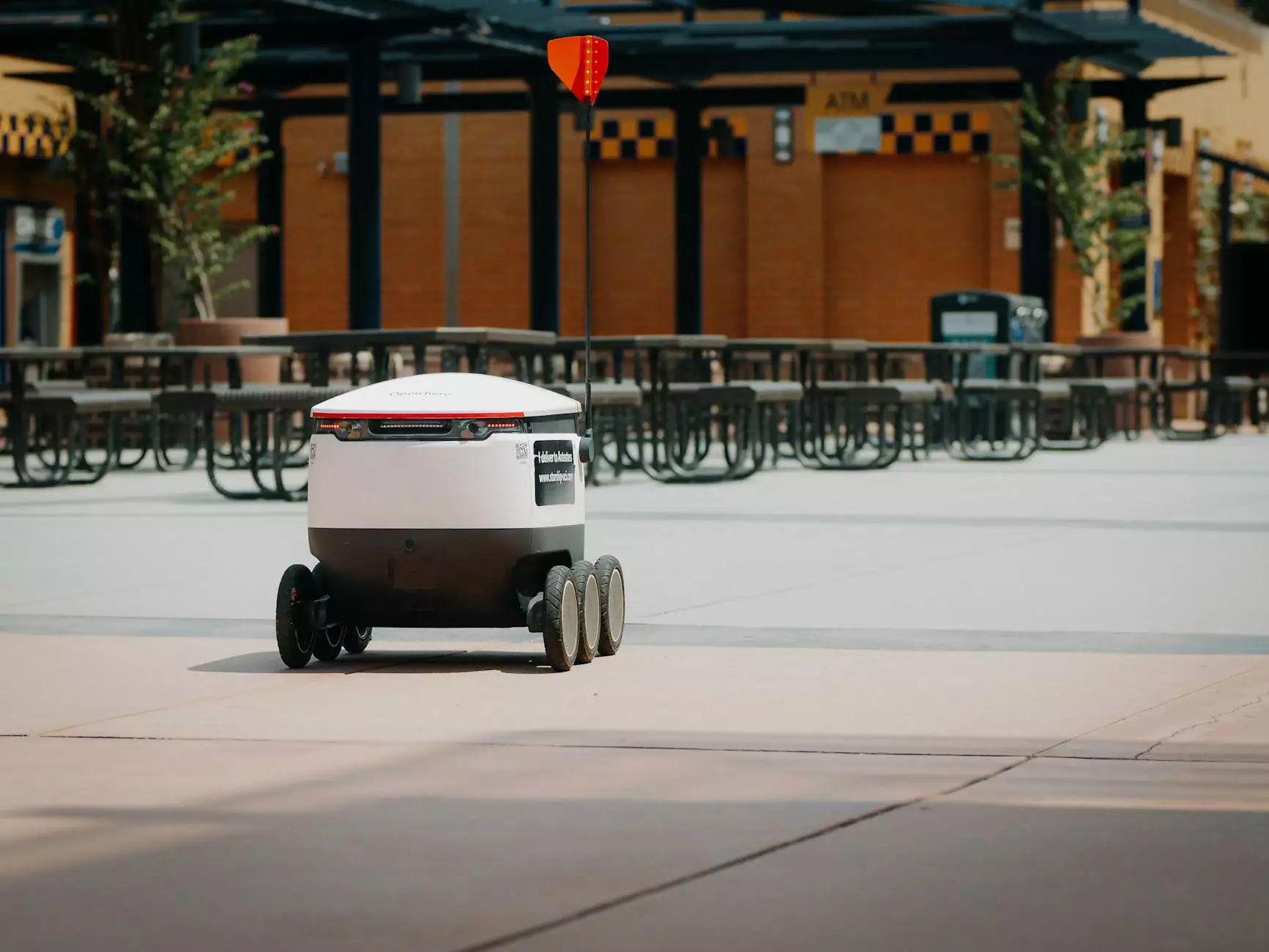Industrial Spiral Cooling Towers: Revolutionizing Refrigeration Processes

In today's fast-paced industrial landscape, industrial spiral cooling towers have emerged as a critical component in refrigeration systems. These towers not only enhance cooling efficiency but also contribute significantly to energy conservation, making them a must-have in modern industries. In this exhaustive article, we will explore the detailed mechanics of spiral cooling towers, their advantages, applications, and future trends that signify their ever-growing importance in the refrigeration equipment sector.
Understanding Industrial Spiral Cooling Towers
At the heart of many industrial processes, industrial spiral cooling towers serve a crucial role. These structures utilize a unique spiral design that allows for efficient heat exchange. Unlike traditional cooling towers, the spiral configuration optimizes air circulation and water distribution, which leads to enhanced cooling performance. This section delves into the fundamental principles that govern the operation of spiral cooling towers.
How Do Industrial Spiral Cooling Towers Work?
The operation of industrial spiral cooling towers can be summarized in a few key stages:
- Water Distribution: Warm water from industrial processes enters the tower from the top and is distributed evenly over a spiral structure.
- Airflow: Ambient air is drawn into the system, either mechanically or through natural draft, enhancing contact between water and air.
- Evaporative Cooling: As water cascades down the spiral, heat is transferred from the water to the air, causing evaporation, which cools the water.
- Recirculation: The cooled water is then collected at the bottom and recirculated back to the industrial process.
This innovative design maximizes both surface area and exposure time, resulting in a highly efficient cooling process.
Benefits of Industrial Spiral Cooling Towers
The adoption of industrial spiral cooling towers comes with a myriad of benefits that can greatly enhance the operational efficiency of many processes. Here are some of the standout advantages:
1. Enhanced Cooling Efficiency
Thanks to their unique design, spiral cooling towers facilitate better heat exchange than traditional designs. This results in:
- Faster cooling rates
- Lower exit water temperatures
- Increased system capacity
2. Energy Conservation
Energy costs can be a significant part of operating budgets in industrial settings. The improved efficiency of industrial spiral cooling towers means less energy is required to achieve the desired cooling, which translates into reduced operational costs.
3. Space Efficiency
The compact design of spiral cooling towers allows them to fit into smaller footprints compared to conventional cooling towers. This space efficiency is particularly advantageous in industries where real estate costs are high.
4. Reduced Maintenance Requirements
The design of industrial spiral cooling towers minimizes the buildup of scale and debris, leading to longer intervals between maintenance checks. This not only saves time but also reduces the long-term maintenance costs associated with refrigeration systems.
5. Versatility Across Industries
From food processing and pharmaceuticals to data centers and manufacturing, industrial spiral cooling towers are utilized across various sectors. Their adaptability makes them suitable for a wide range of temperatures and operational conditions.
Applications of Industrial Spiral Cooling Towers
The applications of industrial spiral cooling towers are vast. Here’s a closer look at some of the areas where their adoption is particularly beneficial:
Food and Beverage Industry
In the food and beverage sector, maintaining optimal temperatures is essential for quality control and compliance with health standards. Spiral cooling towers allow for:
- Rapid cooling of ingredients
- Consistent temperature regulation during processing
Pharmaceutical Manufacturing
The pharmaceutical industry relies on precise temperature conditions for drug production and storage. Industrial spiral cooling towers can provide the efficient cooling necessary for sensitive processes, ensuring product integrity.
HVAC Systems
In HVAC (Heating, Ventilation, and Air Conditioning) systems, spiral cooling towers are employed to enhance cooling processes in large buildings and facilities, optimizing energy consumption and improving overall performance.
Power Generation
In power plants, these cooling towers help dissipate the heat produced during energy generation, maintaining safe operational temperatures and ensuring maximum efficiency in power production.
Future Trends in Industrial Spiral Cooling Towers
As industries continue to evolve, so too do the technologies that support them. The future of industrial spiral cooling towers looks promising with various trends leading to further advancements:
1. Integration of Smart Technologies
With the rise of Industry 4.0, the integration of smart technologies is becoming commonplace. This includes:
- IoT Sensors: Providing real-time data on system performance and operational efficiency.
- Automated Controls: Allowing for self-regulation based on external temperatures and internal needs.
2. Enhanced Materials
The development of new materials that resist corrosion and scaling will enhance the lifespan and efficiency of industrial spiral cooling towers. Innovations in coatings and composites can lead to better performance and reduced maintenance costs.
3. Renewable Energy Integration
As businesses strive for sustainability, integrating renewable energy sources, such as solar power, into the operation of cooling towers will not only reduce carbon footprints but also lower energy expenses.
4. Emphasis on Environmental Concerns
Compliance with environmental regulations is becoming increasingly important. Expect future designs of industrial spiral cooling towers to prioritize eco-friendliness, from materials used to water conservation strategies.
Conclusion
In summary, the role of industrial spiral cooling towers in modern refrigeration cannot be overstated. Their advanced design not only enhances efficiency but also serves a vital role across multiple industries. By reducing energy costs, minimizing maintenance, and providing versatile applications, these cooling towers are set to dominate the future of refrigeration equipment. As industries continue to demand higher efficiency and sustainability, investing in industrial spiral cooling towers from reputable suppliers like first-coldchain.com can be a game changer for your operations.
For those looking to enhance their refrigeration processes, considering the adoption of industrial spiral cooling towers might just be the strategic move to ensure resilience and operational excellence in a competitive marketplace.



